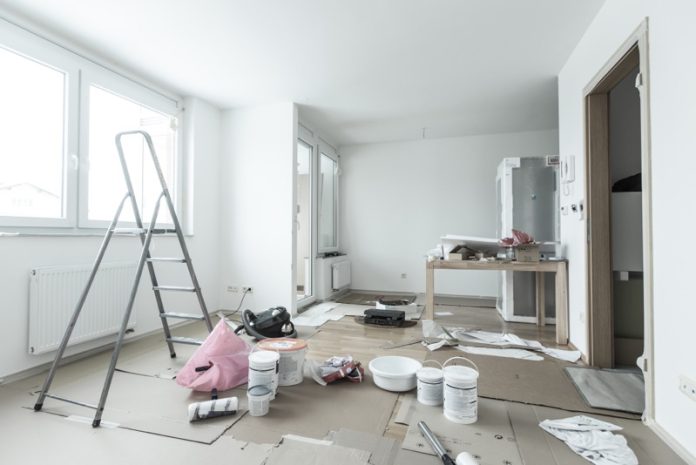Whether you are a landlord or a tenant, it pays to have a clear concept about the liabilities and responsibilities about repairs from the very outset. Hiring a plasterer Sydney would be the most logical decision when you want to repair the walls. So, if you are moving into a new property, or have a tenant vacating your home, closely inspect the repairs you need to work on. Once you agree on these liabilities at the beginning of the contract, you can reach an amicable solution to bear the costs.
In this article, we have discussed the responsibilities of the landlord and the tenant when it comes to repairs.
Explaining wear and tear in a rented property
Landlords expect tenants to leave the property in the same condition as they move on. As a landlord, you might consider general ‘wear and tear’. However, what exactly do you consider to be general wear and tear in the property? In case there’s some repair required beyond this damage, who would be responsible for fixing it?
The concept of general wear and tear is vague. In general, it involves the depreciation of materials or installations of the property as a result of daily use. When the tenant uses the building, this depreciation is bound to happen. Weather, aging, and ordinary usage results in this wear and tear. So, even if the tenant doesn’t subject the appliances or furnishing to neglect or abuse, they undergo depreciation.
Therefore, it’s imperative to differentiate property depreciation from neglect or abuse.
Instances of general wear and tear
- Areas faded by the sun
- Small scuffs showing up on walls
- Loose screws or hinges resulting from regular use
- Wearing out of kitchen countertops
- Normal use resulting in indentations on appliances or furniture
So, you don’t consider the accumulation of grease, dirt, and grime under general wear and tear.
Instances of deliberate damage
- Burn marks resulting from cigarette or cooking
- Pets digging up the garden
- Deliberate damage to the walls
- Throwing heavy objects leading to broken tiles
- Damaged door in the garage resulting from collision
Repair responsibilities of the landlord and the tenant
In the first place, the landlord needs to ensure that the property is suitable or fit to live in. In case the damage arises not as a fault of the tenant, the landlord would be responsible for fixing them.
On the other hand, the tenant should try to maintain the same habitable condition of the property throughout his/her tenure of residence. If the damage is deliberately inflicted or could have been prevented, the tenant would be responsible to arrange the repairs. Besides, the tenant should report any minor damage to the landlord immediately to prevent it from aggravating. If the tenant wants to make some modifications in the property, it’s imperative to seek the approval of the landlord.
Being a landlord, you might be willing to fix and patch the walls and ceiling of your property after your tenant vacated the property. If you are wondering “Where can I find a reliable expert for ceiling repair near me”, reach out to one of the reputed professionals. Keeping the interiors intact would fetch you a better amount when you put it on rent.








































